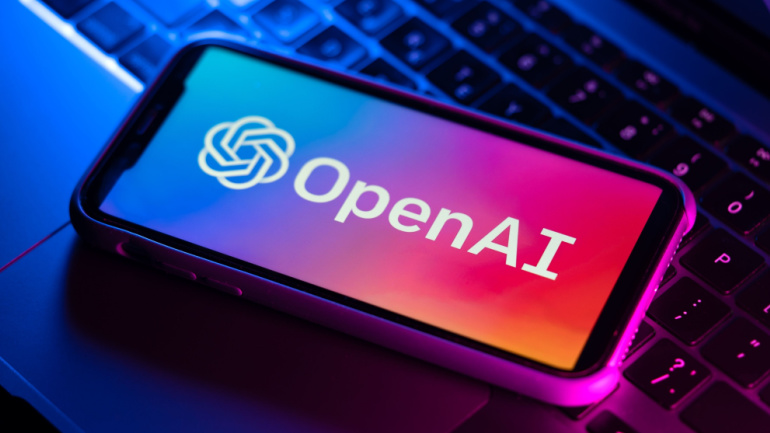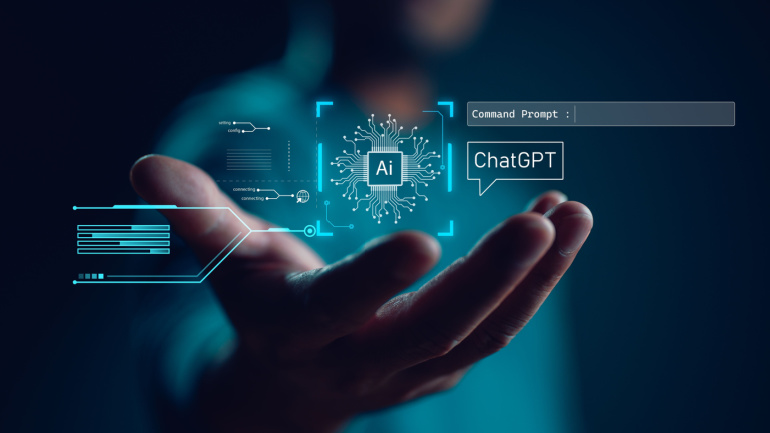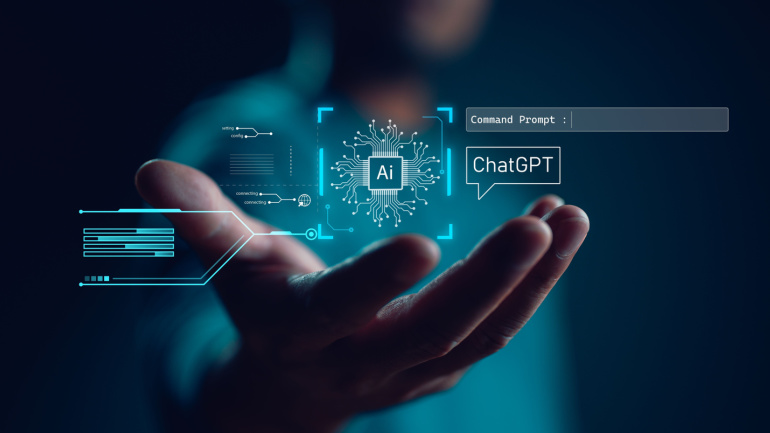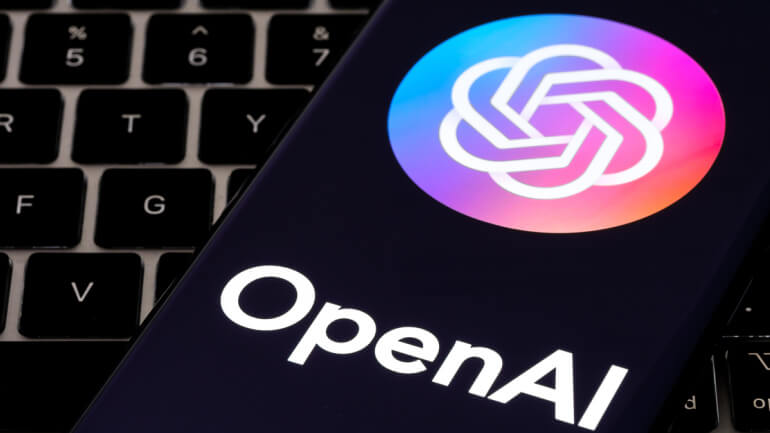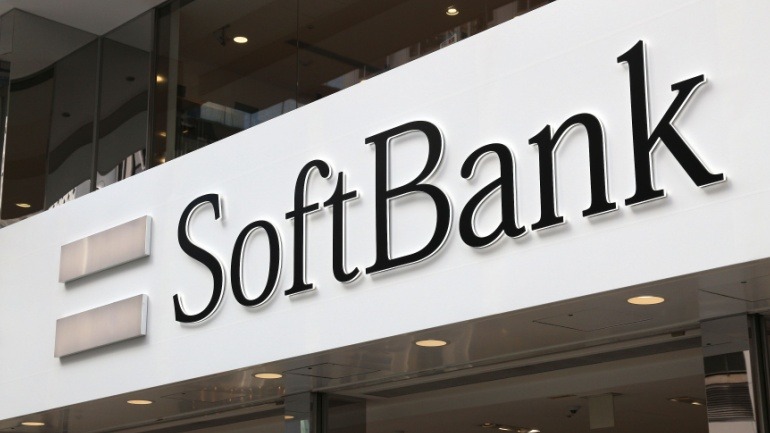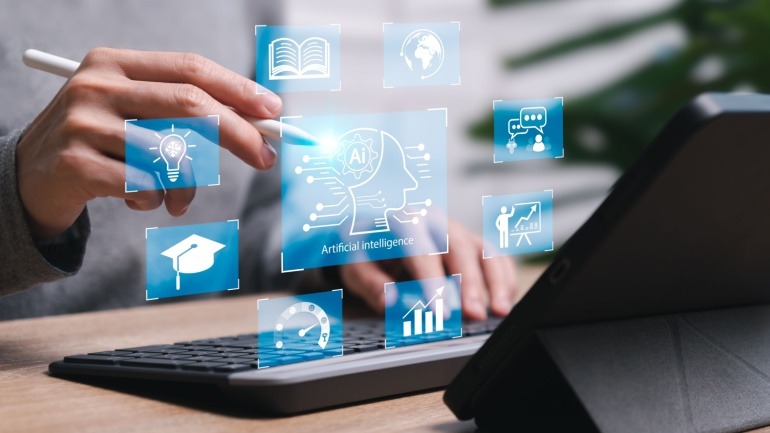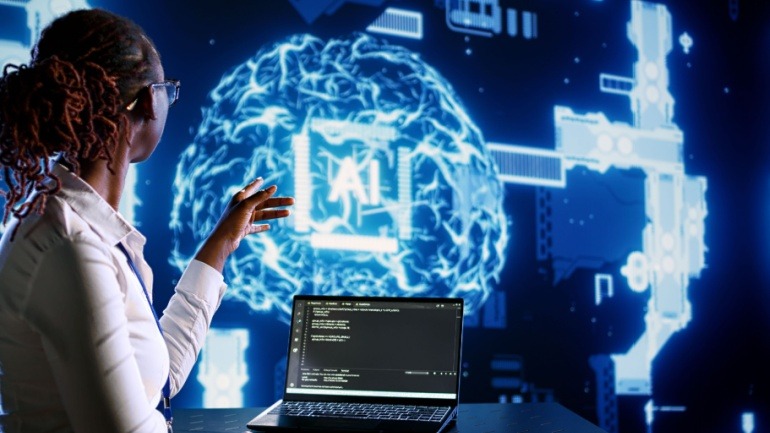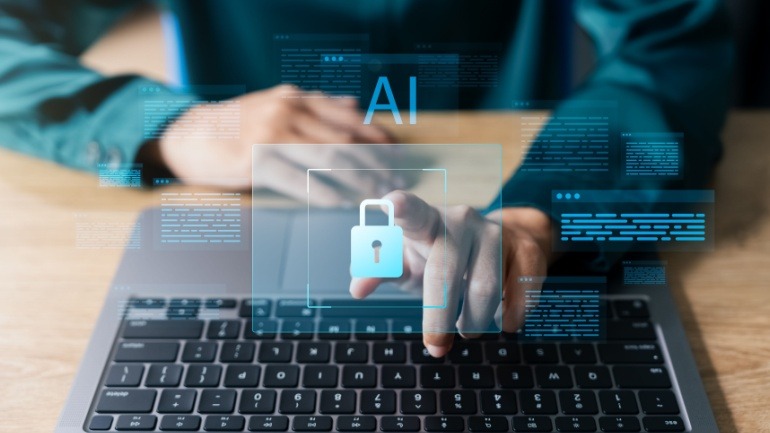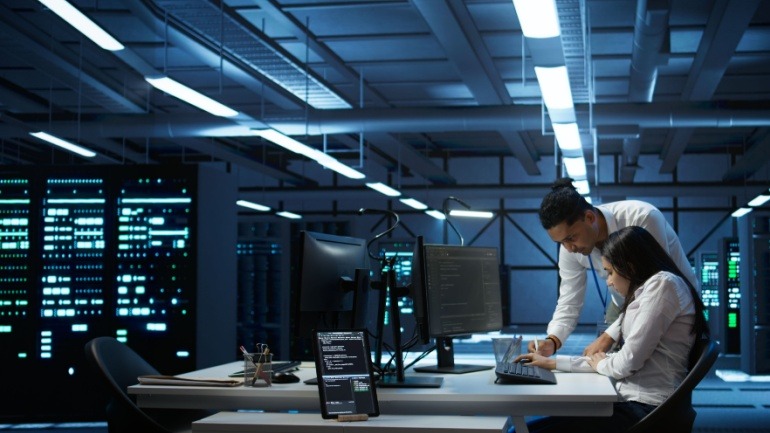Artificial intelligence pioneer, OpenAI has reversed its decision to dismiss its CEO, amidst signals of internal unrest and potential alliance with Microsoft. While OpenAI’s reinstatement of Sam Altman hints at a desire for stability, speculation abounds around Microsoft’s role and possible influence over OpenAI’s trajectory.
OpenAI has introduced ChatGPT Enterprise, a groundbreaking iteration of its widely acclaimed AI chatbot, designed to cater to the distinctive requirements of businesses. This enhanced version promises elevated levels of security, privacy, and an array of potent features tailored to enterprise needs.
Rakuten’s new alliance with OpenAI aims to dissect opportunities in generative AI to enhance various business sectors they serve globally. This partnership promises to expand existing AI experiences in ChatGPT products and foster premium AI conversational possibilities. Yet, some recent whispers suggest a performance drop in GPT-3.5, leading to theories about its overall commercial intent. Will generative AI become a privilege of the financially potent? This question merits careful consideration.
GPT-4 is the latest artificial intelligence (AI) model produced by OpenAI, a San Francisco-based research lab. The AI model, which is intended to improve deep learning, is available to paying OpenAI users via ChatGPT Plus with a usage cap. Developers may join a waitlist to gain access to the API. GPT-4 is capable of handling more sophisticated tasks than its predecessor, GPT-3.5. This AI software version can generate text, process image and text inputs, and perform at a “human level” when related to a variety of professional and academic benchmarks. OpenAI spent six months “iteratively aligning” GPT-4 using lessons learned from an internal adversarial testing program and ChatGPT. The model’s skills extend beyond visual understanding; it can label and analyze relatively complicated images, as well as handle nuanced instructions. A number of high-profile clients are presently using GPT-4. Stripe uses GPT-4 to scan company websites and provide a…
SoftBank aims to spearhead the artificial super intelligence era, highlights CEO Masayoshi Son. With strategic partnerships involving OpenAI and Arm, SoftBank envisions establishing a global AI platform akin to the dominance seen in tech giants like Microsoft.
In a heated debate over AI reasoning, Anthropic challenges Apple’s flawed testing methods. The controversy highlights the need for improved benchmarks, as Apple’s evaluations misunderstood AI reasoning by treating models as text generators.
Saudi Arabia’s HUMAIN initiative is investing $10 billion to become a global leader in artificial intelligence. Backed by the Public Investment Fund, HUMAIN plans major data center expansion, strategic tech partnerships, and AI model training dominance by 2030, all aligning with Vision 2030.
Crusoe is investing $11.6 billion to expand its Stargate AI campus in Texas, aiming to power next generation AI with renewable energy and advanced infrastructure. Backed by major partners, the project will house hundreds of thousands of Nvidia GPUs and create thousands of jobs.
The UAE is partnering with top US tech firms to build a massive AI data center in Abu Dhabi. Dubbed the UAE Stargate, the project aims to deliver five gigawatts of AI power and expand globally, aligning with a larger US initiative to boost AI infrastructure across key sectors.
Microsoft has canceled several planned data center projects across the U.S. and Europe, totaling around 2 GW of capacity. Analysts suggest this signals an oversupply or strategic cost-cutting amid AI investment concerns. While Microsoft remains committed to AI, the move raises questions about market stability.



